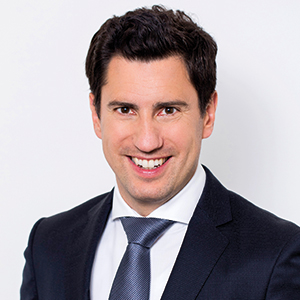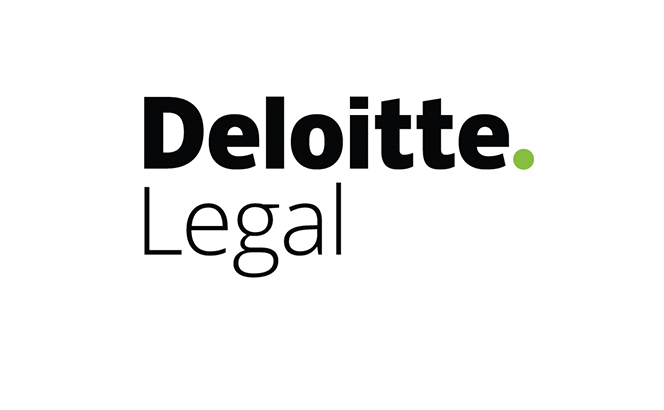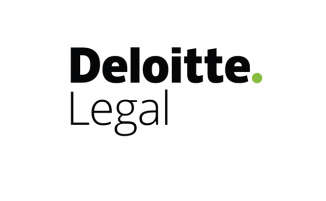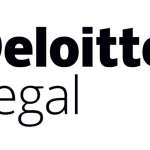The Austrian Private Foundation (PF) is a viable option to protect and preserve assets over generations, as well as to prevent the distribution of assets in the event of succession.
Establishing an Austrian PF enables the founder to align his/her assets with the founder’s wishes but separating the assets from the founder’s future fate. Due to the relative freedom of organisation under the Austrian Private Foundation Act (APFA), the Austrian PF and its structure can be adapted to the individual needs of the founder.
The main objective of an Austrian PF is to maintain the founder’s assets in the long-term (even after his/her death) in a professional way, to benefit certain persons or organisations in accordance with the founder’s wishes and to protect the assets (which may also include shareholdings and other interests in companies) from being divided up.
As a place to invest, Austria stands out due to its high level of economic, political, and social stability. Situated in the heart of Europe, Austria is a highly functioning and stable EU-state with a strong rule of law, quick court decisions and a business-friendly tax system, making it a favourable and secure location for wealth and inheritance management.
Wealth management
An Austrian PF may be established for both charitable and non-charitable purposes (eg the support of family members of the founder), and even self-serving purposes vis-a-vis the founder are possible.
Endowment of assets
Minimum cash in the amount of €70,000 must be endowed to the PF upon its establishment, while further assets can be transferred to the PF by way of additional or subsequent endowments. This method prevents the deed of foundation from publicly stating which assets are endowed to the PF.
Influence of the founder over the Foundation
An Austrian PF is represented by at least three directors, two of whom must be resident in the EU or EEA. The citizenship of the directors is not relevant.
Generally, beneficiaries and their close relatives must not be appointed as board members. Therefore, if close relatives of the founder are beneficiaries of the PF, the founder him/herself cannot be a board member either.
However, there are some other options for the founder to exert an influence over the board of directors, eg by an advisory board or similar structures.
If the founder’s right to amend and/or revoke the PF was reserved in the declaration of establishment, the founder may amend or revoke the private foundation at any time.
Inheritance management
Duration of the Foundation
Generally, the existence of the PF is independent from the founder and is not dissolved upon the founder’s death. The Austrian PF survives the founder and the endowed assets do not follow inheritance rules, but the structure established by the founder through the PF.
The establishment of an Austrian PF can prevent the fragmentation and division of a family business, family shareholdings or other family assets caused by succession. It can ensure that the founder’s lifetime work is preserved and managed in the desired manner after his/her death.
Beneficiaries and distributions
The founder is free in appointing beneficiaries of an Austrian PF, ie the recipients of distributions from the PF, irrespective of their family-relationship with the founder, their citizenship or their (current or future) place of residence. Furthermore, the beneficiaries may be natural or legal persons or both, whatever fits the founder’s wishes best.
Due to the fact that the APFA provides for the possibility of tying the beginning of the beneficiary status to certain conditions specified in the declaration of establishment (eg reaching a minimum age), the founder may influence the beneficiaries future sake by providing a respective ruleset.
An Austrian PF not only allows the founder to determine the beneficiaries, but also ensures that they are cared for in accordance with the founder’s wishes. Detailed provisions on the type, amount and frequency of the distributions to beneficiaries can be included in the declaration of establishment.
Tax aspects
The contribution of financial assets, shareholdings and other assets (eg artwork) to an Austrian PF is subject to a 2.5% transfer tax. As a general rule, the tax base is the fair market value of the assets contributed. Depending on the legal form, shareholdings can lead to a significantly lower taxation. The contribution of real estate, however, is subject to a real estate transfer tax of 6% based on a special value of the real estate.
The income of the PF is subject to corporate income tax (23% as of 2024). Similar to corporations, domestic and foreign dividends are generally exempt from corporate income tax. Income from financial assets (eg realised capital gains, interest received from bank accounts, from publicly offered bonds and from mutual funds) or income from the sale of private real estate are subject to an interim corporate tax. The interim tax will be credited when income is distributed to beneficiaries.
Distributions made by the PF to beneficiaries are basically subject to 27.5% withholding tax. Payments from the originally contributed assets, though, are tax neutral as soon as all retained earnings to date have been distributed. Similar applies if the Austrian PF is revoked or a Sub-Foundation is established. In an international context, tax consequences of distributions depend on the tax residency of the recipient. Irrespective of the taxation in the recipient’s residency state, Austrian withholding tax is in many cases reduced or eliminated.
Deloitte Austria as a one-stop-shop for Austrian Private Foundations
As tax and legal aspects drive all issues relating to PFs, Deloitte’s Tax and Legal practitioners in Austria offer clients a seamless one-stop-shop. Since the introduction of the Austrian Private Foundation Act, we have given advice and support to countless founders of PFs in Austria and assisted with all tax and legal aspects for structuring of assets. As part of the global Deloitte network, we understand global needs and demands, and are used to provide cross-functional advisory services for the benefit of our clients.
For more information contact

Dr Maximilian Weiler
Partner
E: m.weiler@jankweiler.at

Dr Christian Wilplinger
Partner
E: cwilplinger@deloitte.at
















